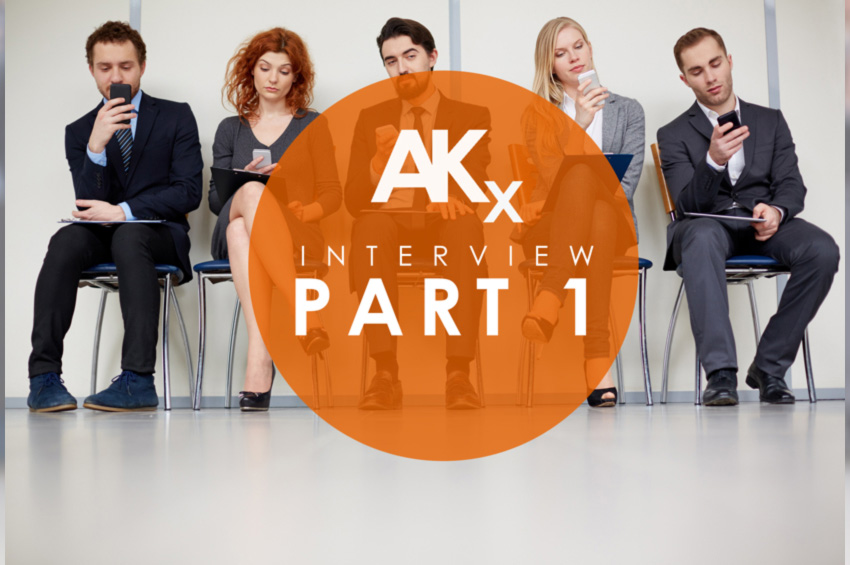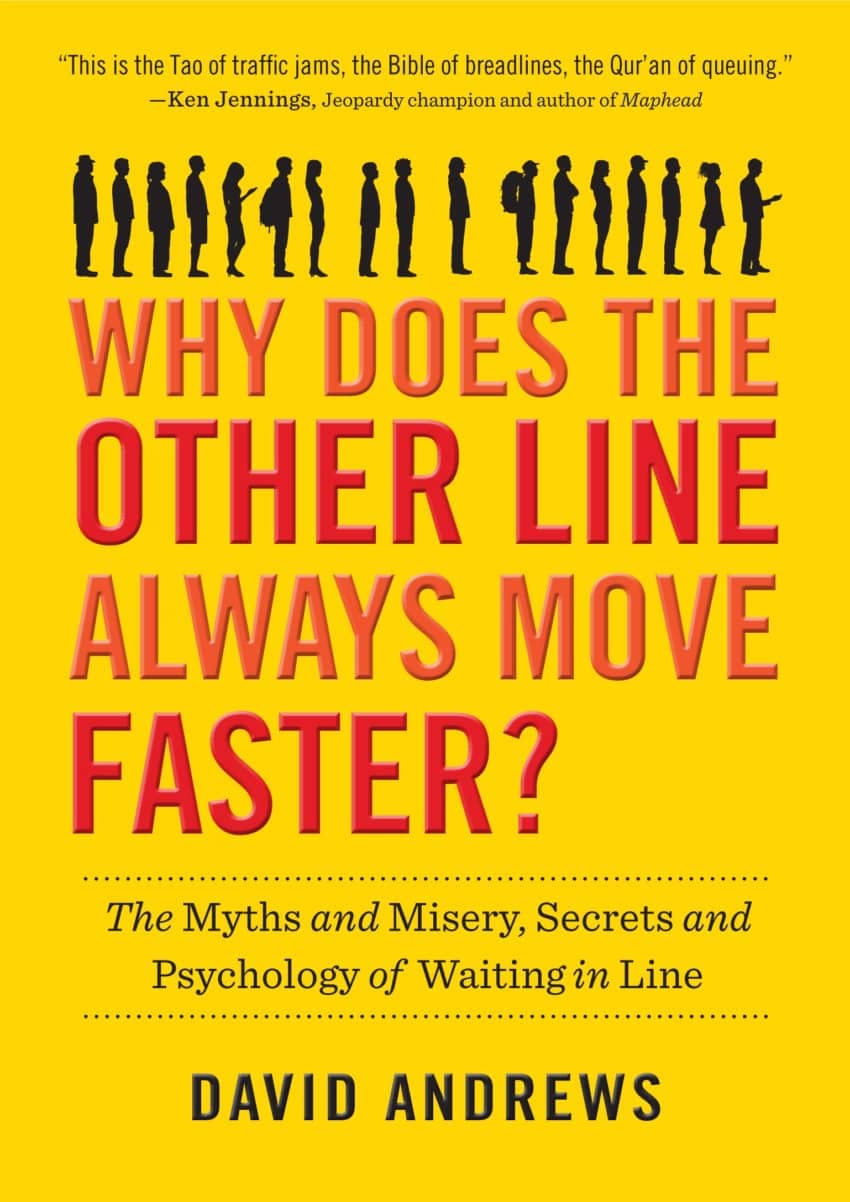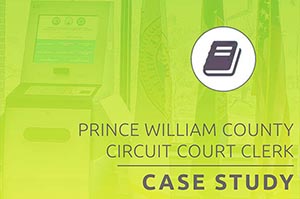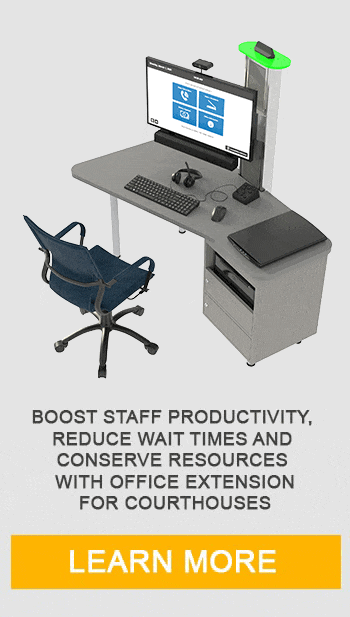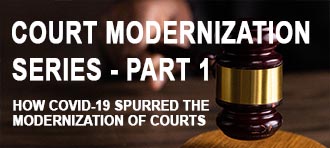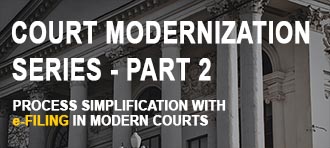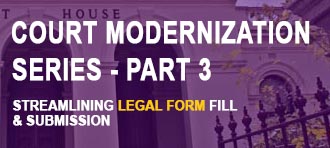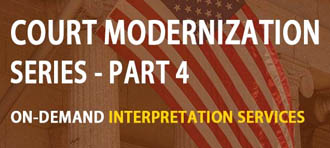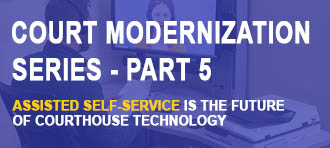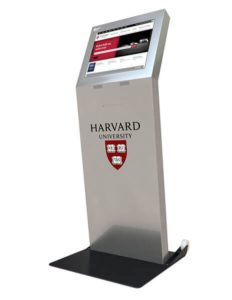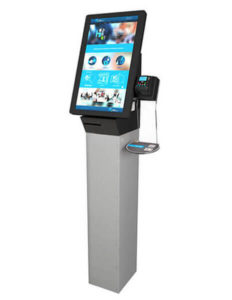The psychology of waiting is something that we don’t tend to give much thought to, but we spend countless hours of our lives doing.
We wait at appointments. We wait in traffic. We wait in lines at stores. What is it about waiting that can cause such frustration? David Andrews tackles the often experienced, but not often discussed subject of waiting in his new book, “Why Does the Other Line Always Move Faster?”
Nancy Deol: First, congratulations on your new book! I read that you studied literature and philosophy. What perspective would you say that brought to your book?
David Andrews: There are literary allusions scattered throughout and there’s also quite a lot in literature and philosophy written about social control and how these things are manipulated or how people become cogs in a bureaucratic machine, so these questions that I’ve encountered in my literary studies informed the writing of this book.
ND: I noticed that Kafka comes up a lot in your book. What’s the Kafka connection?
DA: Well, a Kafka book I wrote a lot about, The Castle, is all about waiting for other people, the protagonist never reaching his goal and people being acted upon by forces outside of their control, waiting for a response that never arrives. I first discovered Kafka while I was in the military. That sort of bureaucratic machine that you’re always waiting for responses from people you never see, and waiting on them and Kafka really spoke to me when at that point my life. This is why I call him the Patron Saint of this book.
ND: Back to your background: you were in the military and also grew up in Romania. Do you think that had an influence on the writing?
DA: Oh, certainly. I grew up in Romania. I spent ages nine through seventeen in the early to late 90’s in Romania, which is just after the fall of communism and you could still see the residual mechanisms that were under communism. People waited for hours every day for basic essentials like milk and bread and gasoline. You mentioned the military; one thing I discovered when I joined the military, at age 19, is that you go to boot camp and you’re expecting action, like shooting guns, and actually the reality is that you spend a lot of time staring at the person in front of you. They have very regimented ways of making you wait. You just have to stand there and cannot distract yourself. So much of boot camp is spent not moving – waiting for chow hall, waiting for haircuts, just waiting for everything.
“…one thing I discovered when I joined the military, at age 19, is that you go to boot camp and you’re expecting action, like shooting guns, and actually the reality is that you spend a lot of time staring at the person in front of you.”
ND: What was that line you had, something about “hurry up and wait”?
DA: It is the unofficial motto of the U.S, military. “Hurry up and wait.” You have to be everywhere on time. It doesn’t mean when you get there on time that anything is going to happen.
ND: Was there any moment where you thought, “I’m going to write a book about waiting in line”?
DA: The first time I thought about it, it didn’t come out as a book-length treatment about waiting in line; at first I thought about writing an essay or something about waiting in line. It was while reflecting on a trip I took with my then wife to Jordan and feeling profoundly uncomfortable at first being in Amman, Jordan where there wasn’t a perceivable culture of line standing. Later I took a graduate course on the ways that cultures structure themselves and how they decide what’s fair. Studying different cultural norms and what they mean, and the fact that we stand in line and that Jordanians do not: what does this mean? How does this reflect how we view the world? Or the side issues of social justice and using that as the backboard and I was kind of like: Oh this is something to write about. I hadn’t read anything on the subject, but I’ve personally experienced it.
ND: You talk about how in many cultures people don’t line up, like Jordan, or they line up or queue very differently than we do in the west. Who would you say does it the most efficiently and why would that be?
DA: Well, I would say Americans, as much as we hate it when other people don’t stand in line, we also are pretty impatient and therefore we kind of demand standing in line to be quick or we bellyache very vociferously. You know, I’ve never been to Japan but I have heard from friends that if there are two equal vendors a Japanese person will choose the one with the longest line because that is a signal of popularity. Just the fact that there are so many people waiting for vendor B as opposed to vendor A means that Vendor B’s product will be more valuable. While I can’t speak for efficiency, I can speak somewhat to different countries who either do or do not have a rigid ethos of line standing.
“You’re still waiting for that ride but it becomes virtual. It becomes invisible because you’ve taken that ticket.”
ND: I found it very interesting that you talk not only about different cultures but that you also talk about the future of waiting in line and that you foresee a future where robots are going to wait in line for us. It’s kind of beyond self-service and into a completely automated service through a machine. Can you tell me a little bit about that future?
DA: I have to backtrack. I also write about Xavier, the line standing robot who was built 20 years ago by the Carnegie Robotics Lab. They basically trained a robot to go order coffee at the robotics lab coffee shop. They decided that this is how far the robot is supposed to stand behind the person in front of it and when one person moves up, it’s supposed to move up also and then order the coffee and take it back to whoever ordered it. But now the line is definitely becoming virtual. You saw this in rudimentary form in restaurants. You put in your name and they will give you a little paperweight sized thing that buzzes when your table is ready. There’s no physical line to stand in. It’s somewhat automated and the computer is doing the waiting for you so to speak. You’re free to go roam. And there are devices on your phone that tell you “come back in 15 minutes”. Disney is actually the pioneer with this. They have their Fast Pass system and they offer the choice – do you want to wait now in the physical line or do you want to get a ticket that will move you to the front of the line? You’re still waiting for that ride but it becomes virtual. It becomes invisible because you’ve taken that ticket.
ND: With the pagers and such, is there a difference between sitting and waiting, for example at a restaurant or at a doctor’s office, and then physically standing in line? I mean, do we experience that differently?
DA: I think we do. There are researchers who study the psychology of waiting in line and one of the trends that comes out is that it’s not necessarily just waiting because we can distract ourselves from the fact that we are waiting. You have a book or you’re checking your email on your smart phone. It’s when you have empty time in a confined space and you have no choice whether to get in or get out – there’s nothing to distract you – so when the restaurant hands you the buzzer, this means you can go roam. You’re not in a confined space anymore. You’re not forced to be in a holding pattern. It kind of goes back to, well, think of kindergarteners. They are put in time out. Or it’s like teenagers put in detention, or prisoners doing time. Let’s stick you in this place that you cannot leave and make you experience time as undiluted and undistracted. It is painful. That’s why that is punishment.
ND: You also talk about David Maister’s 8 Propositions Concerning the Psychology of Waiting and you said number two was that people want to get started, because number three is that anxiety makes waits seem longer. You listed some ways that that can help – reading a magazine back in the waiting room – or things like that. Do you feel that self-check-in options, because they give control to the person that’s doing the waiting, would have an effect on that?
“People want to get started. They need to think that they are in the system. They want to know that the system recognizes them…”
DA: Absolutely. Self-check-in is not entirely different from putting your name in at a restaurant and being given the buzzer. People want to get started. They need to think that they are in the system. They want to know that the system recognizes them. I was in a restaurant a couple weeks ago for brunch and there was a long line, but what they did really well was tell you, “Hey, we’ll handle you in a minute.” They would talk to the people in the line to let the people know that they recognize that they are waiting in line. And that itself takes away a lot of the anxiety. You think, Ok, they recognize that the wait is a problem and being able to tell you that you have been registered in the system, at least cognitively in their own way recognizing you, it makes you feel less anxious. You know the wait will not be endless. And putting your name in a kiosk is a similar thing, I believe.
ND: I think that is one of the big anxieties with line waiting, where you’re thinking, “What if they miss me? What if they skip me?”
DA: Yes. Just being able to print my ticket from the kiosk rather than waiting in the serpentine line, I really appreciate that. I don’t know why exactly, but I believe it has to do with the feeling of, “Yeah. I’ve started the process of getting on the airplane just by skipping that line.”
We continue our discussion with David Andrews in Part 2 of this interview, which goes live on January 13th, 2016. Stay tuned! And buy his book! It’s a fascinating read and you can purchase it HERE.

